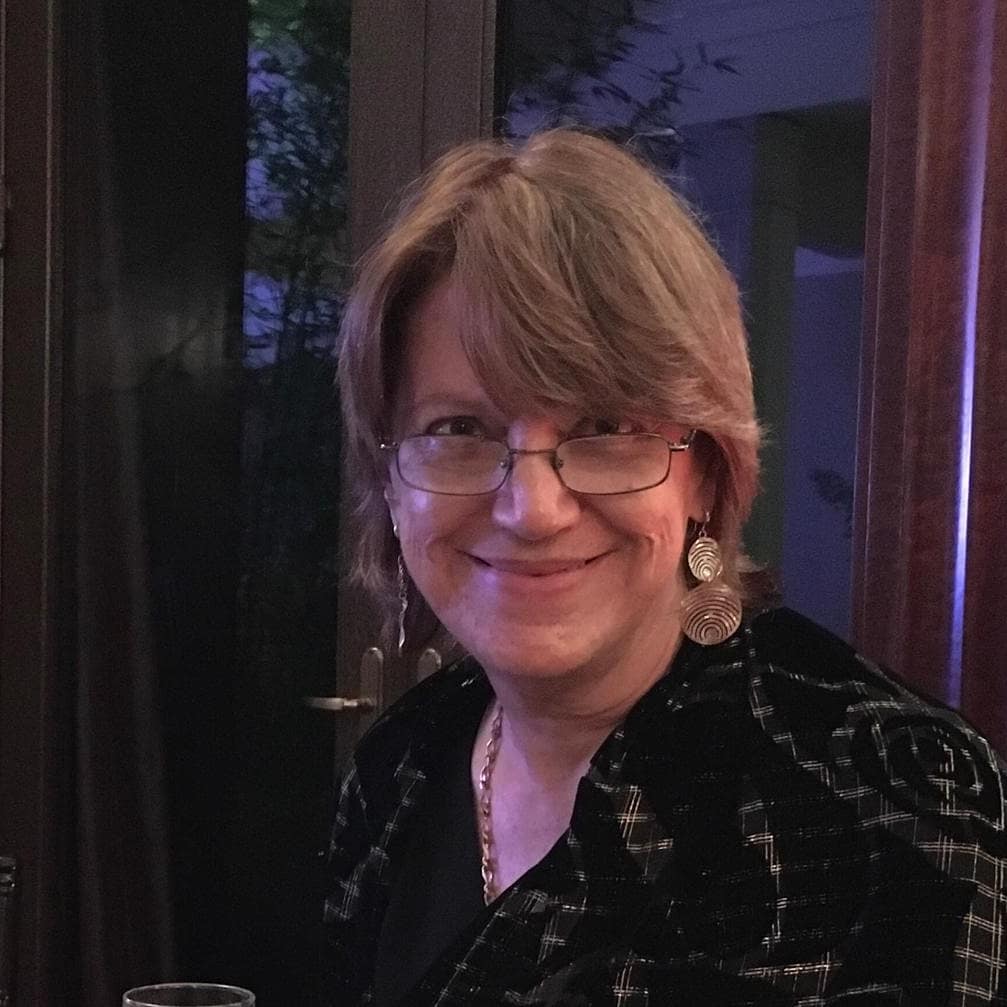Liliana Miraglia (Guayaquil, 1952) is an Ecuadorian writer, storyteller, and photographer known for her short stories that blend irony, humor, and subtle reflections on women’s roles in society. She was a key member of the Creative Writing Workshop of the Central Bank of Guayaquil, led by Miguel Donoso Pareja, and her works often explore the complexities of everyday life with a minimalist and ambiguous narrative style. Her notable works include “La vida que parece” (1989; The Life That Appears) and “Un close up prolongado” (1996; A Prolonged Close-up). Many of her other stories have been featured in anthologies, underscoring her significance in Ecuadorian literature of the late 20th century.
Early Life and Education
Liliana Miraglia was born in 1952 in Guayaquil, Ecuador. She became an influential figure in Ecuadorian literature, particularly in the realm of short stories. Miraglia honed her craft during the 1980s as part of the Taller de Creación del Banco Central de Guayaquil, a literary workshop coordinated by acclaimed writer Miguel Donoso Pareja. Alongside fellow participants, including notable writers like Gilda Holst, she developed her narrative voice. Miraglia also received formal literary training at the Escuela de Literatura of the Universidad Católica de Guayaquil, which greatly shaped her literary career. More recently, she pursued a Master’s in Creative Writing at the Universidad de las Artes (UArtes), further expanding her academic and creative achievements.
Literary Career
Liliana Miraglia’s literary contributions primarily focus on short stories, where she blends irony, humor, and subtle commentary on women’s issues. Her first collection, “La vida que parece” (1989), has been described by Raúl Vallejo Corral as featuring minimalist narratives and ambiguous situations that engage readers deeply, even though the stories are not driven by plot. This collection established her as a significant voice in Ecuadorian fiction. Her second major work, “Un close up prolongado” (1996), further highlights her ability to dissect the complexity of everyday life.
Her work often incorporates elements of absurdity, as seen in stories like “Una carta para Ivonne,” where the narrative shifts between the surreal and the real, blurring the lines between normalcy and the unexpected. Despite the subtlety of her feminist undertones, some of her stories, such as “Lejos de cualquier historia,” explicitly address themes like motherhood and female identity.
Themes and Style
A significant feature of Miraglia’s work is the exploration of women’s roles in society, though she does so without overt didacticism. Her narratives often center on female protagonists who face ambiguous, surreal situations. These stories typically reflect the inner turmoil of women navigating societal expectations, as well as the absurdity of daily life, allowing for both humor and subtle critique. Despite her focus on female issues, her writing also reaches broader themes of human existence and relationships.
Her literary style is characterized by its ironic tone and the use of minimalism, where much is left unsaid, and the reader is invited to fill in the gaps. This approach reflects her interest in the subtext of interactions and the internal complexities of her characters.
Personal Life
Little information is available about Liliana Miraglia’s personal life, as she has maintained a private profile. Her literary works suggest a deep engagement with the inner lives of women and the social expectations placed upon them, which might be a reflection of her own experiences. Despite her relatively low public profile, her writings have had a lasting impact on the understanding of gender and society within Ecuadorian and Latin American literature.
Legacy and Influence
Liliana Miraglia’s legacy lies in her distinct narrative voice, which blends irony, humor, and profound insights into the human condition. Her works are studied as part of Ecuadorian literature, especially in the context of women’s writing. Her participation in Miguel Donoso Pareja’s literary workshop and her collaborations with other prominent Ecuadorian writers have positioned her as a key figure in the literary history of her country. Miraglia’s works continue to resonate for their exploration of the complexities of identity and societal roles, particularly for women.
Recognitions and Accolades
While Miraglia has not been the recipient of major international literary awards, her inclusion in numerous anthologies and critical studies underscores the significance of her work. Her writing is appreciated for its innovative approach to narrative structure and its quiet but powerful commentary on gender and society.
Selected Works
- La vida que parece (1989): A collection of short stories that delves into minimalism and the exploration of ambiguous, absurd situations. The work is characterized by its indirect storytelling, where much is implied rather than stated outright.
- Un close up prolongado (1996): This later collection continues her exploration of human relationships and the absurdity of everyday experiences, further cementing her place in Ecuadorian literature.
Anthologies and Recognition
Miraglia’s work has been included in several notable Ecuadorian and Latin American anthologies, showcasing her importance in contemporary literature. Some of the anthologies featuring her stories include:
- Así en la tierra como en los sueños (Quito, 1991)
- Antología de narradoras ecuatorianas (Quito, 1997)
- Cuento ecuatoriano de finales del siglo XX (Quito, 1999)
- Cuento ecuatoriano contemporáneo (Mexico, 2001)
- Esas malditas mujeres: Antología de cuentistas latinoamericanas (Rosario, Argentina, 1998)
References
- Biblioteca Virtual Fandom, “Liliana Miraglia.” Retrieved on October 14, 2024. Click to view.
- Goodreads, “Liliana Miraglia.” Retrieved on October 14, 2024. Click to view.
- Acoso Textual, “Gilda Holst y Liliana Miraglia: sus primeros cuentarios” by Raúl Vallejo Corral. Retrieved on October 14, 2024. Click to view.
- UGA Libraries, “Esas malditas mujeres: Antología de cuentistas latinoamericanas.” Retrieved on October 14, 2024. Click to view.

